These low-cost quantum sensors detect tiny magnetic field changes and could help identify early battery issues in electric vehicles.
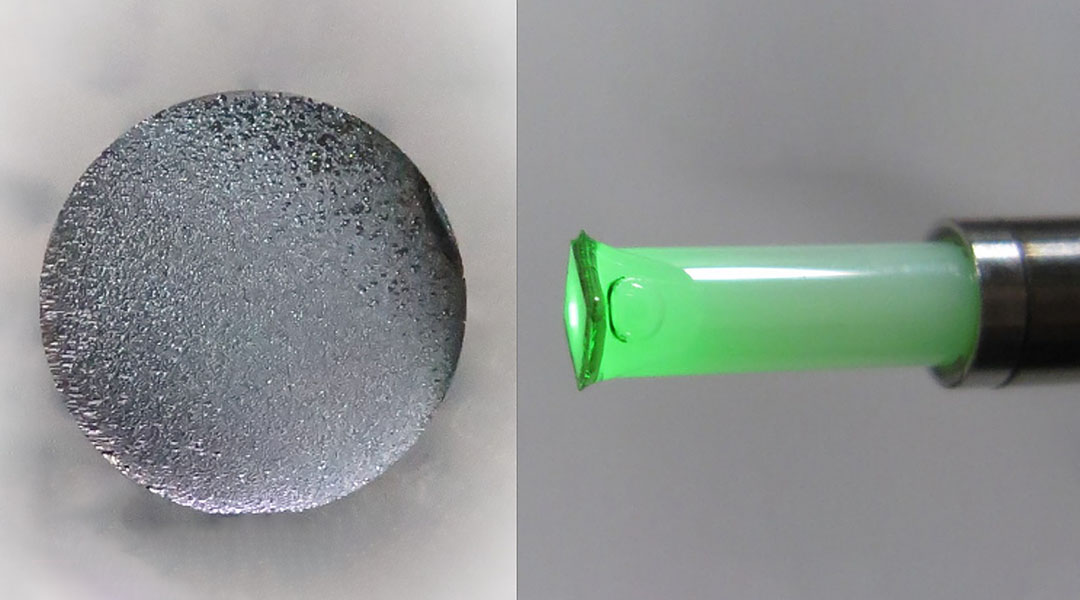

These low-cost quantum sensors detect tiny magnetic field changes and could help identify early battery issues in electric vehicles.
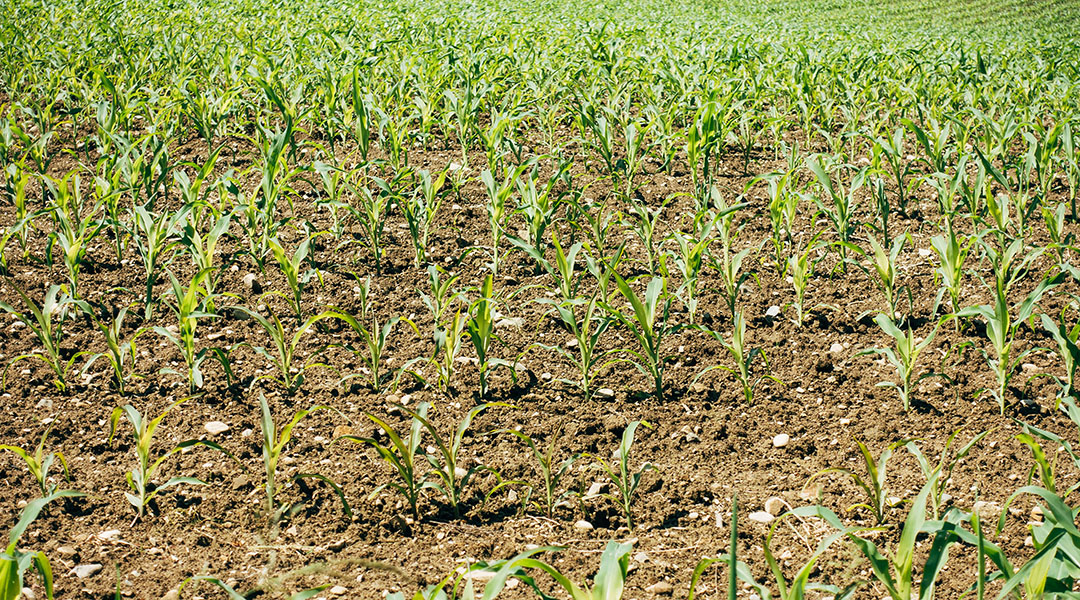
Ammonia fertilizer could be produced underground, using Earth’s natural heat to significantly reduce the industry’s carbon footprint.

A new battery design could overcome obstacles to making batteries with more energy storage capacity and a lower environmental footprint.
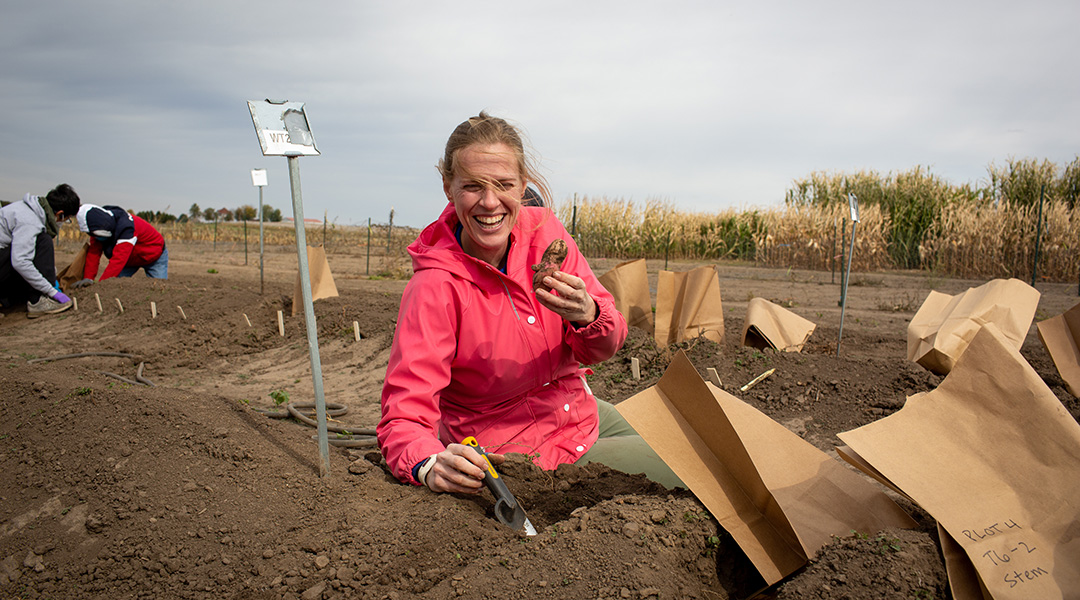
Crops that can withstand rising temperatures could increase global food security amidst the rising threat of climate change.

The rapid growth of AI brings hope of unprecedented advancements in many sectors but what is its real carbon footprint?

Such rapid changes haven’t been accounted for in model projections, meaning sea level estimates are subject to uncertainty.
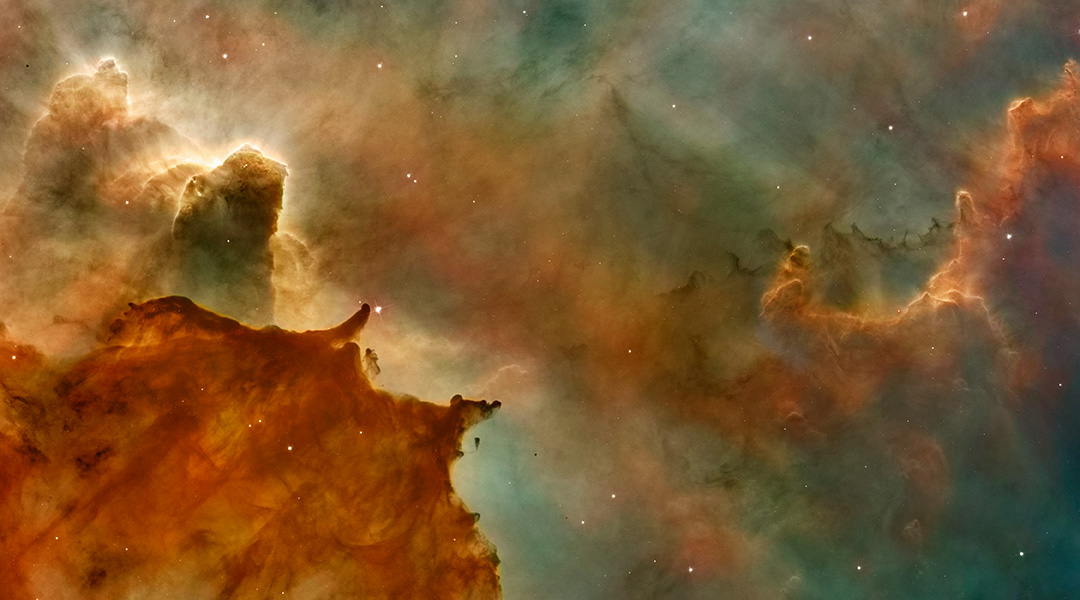
Researchers have built a better picture of how complex molecules developed in the early Universe before becoming essential for life.

Scientists uncover the role of soil fungi in improving crop yields and balancing complex plant-pollinator interactions.
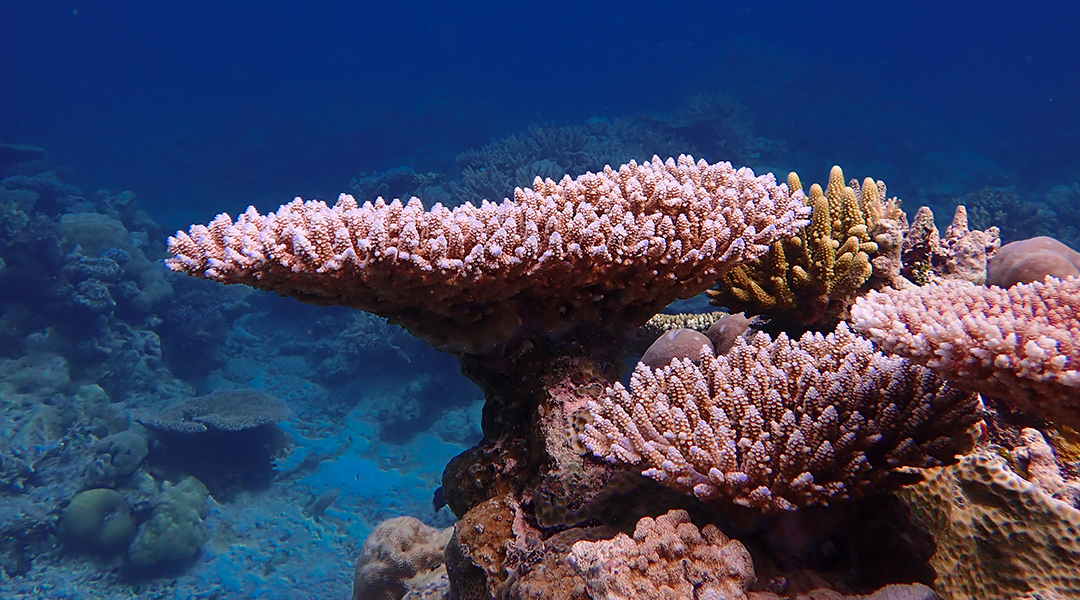
Scientists explore how corals could adapt to climate change to survive, but stress that cutting emissions is crucial for their future.

An antenna designed to create an optimized magnetic field puts electrons into the required quantum states for quantum sensing devices.